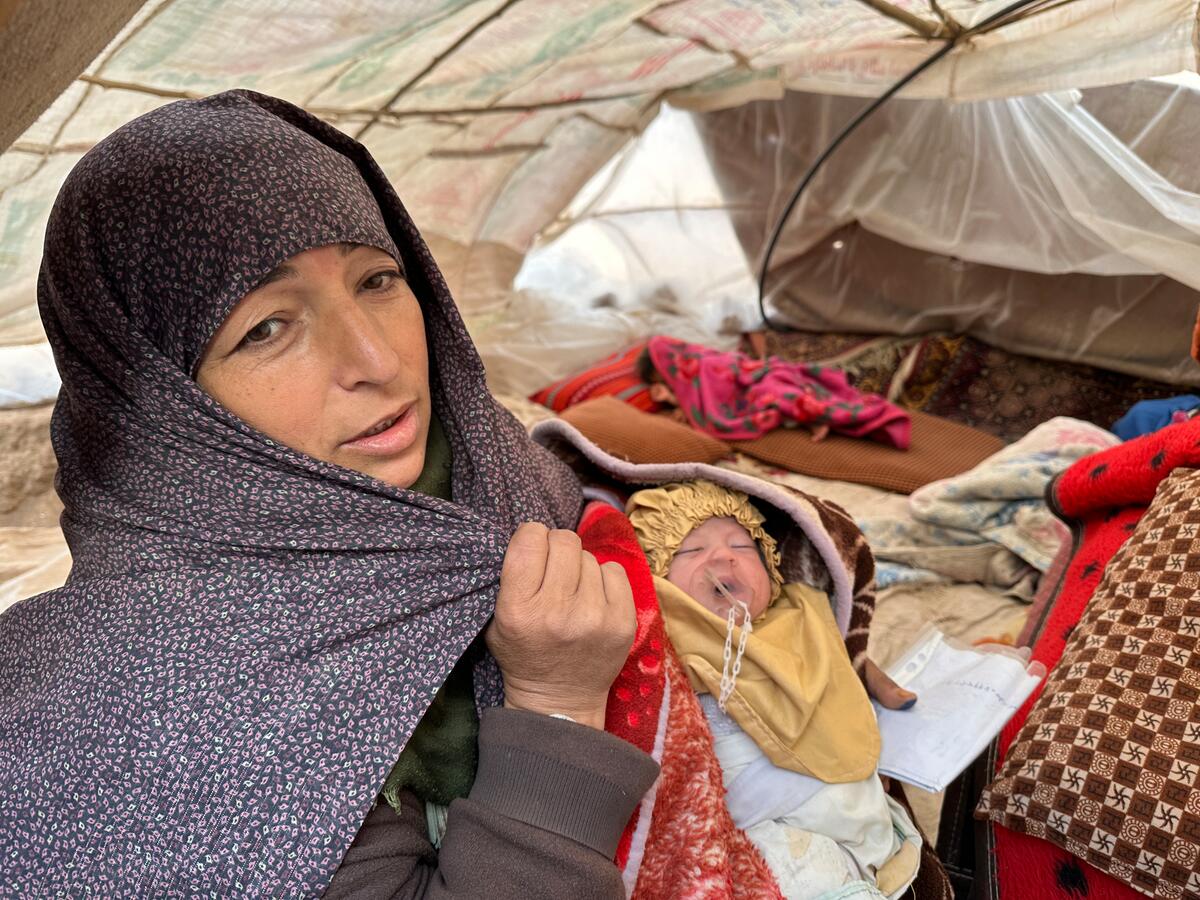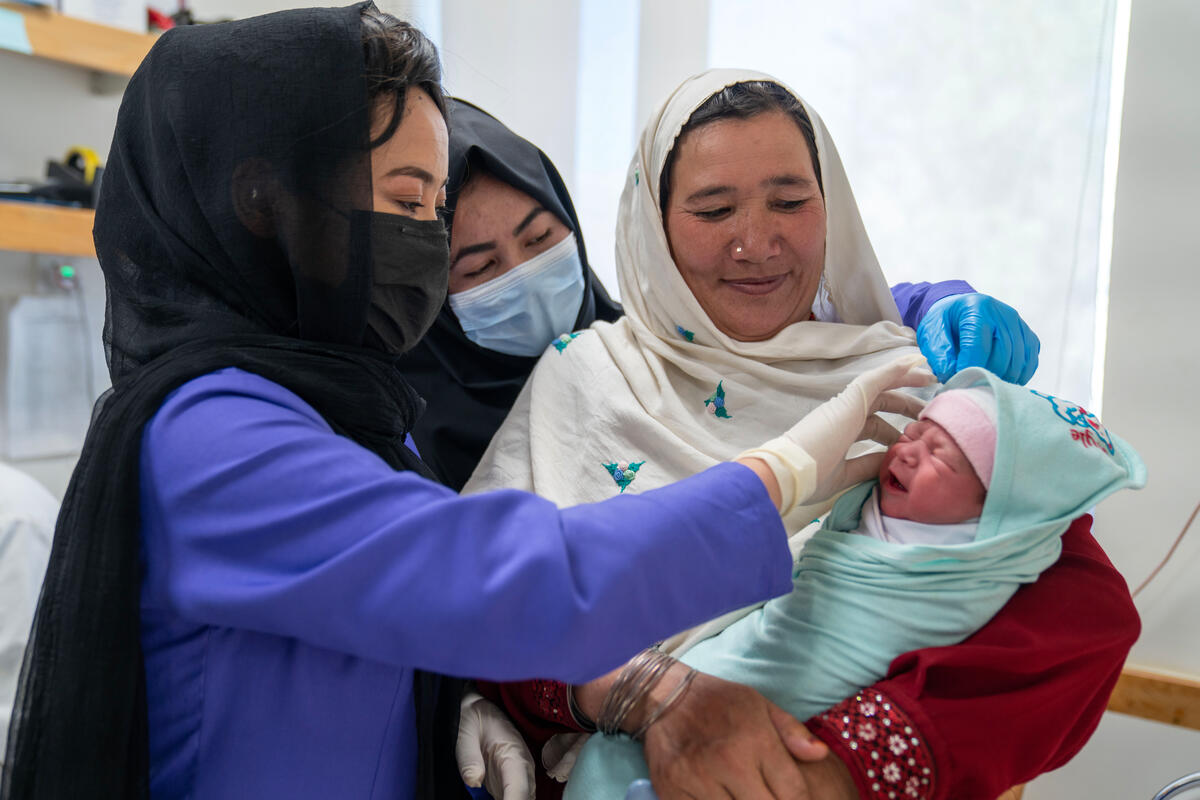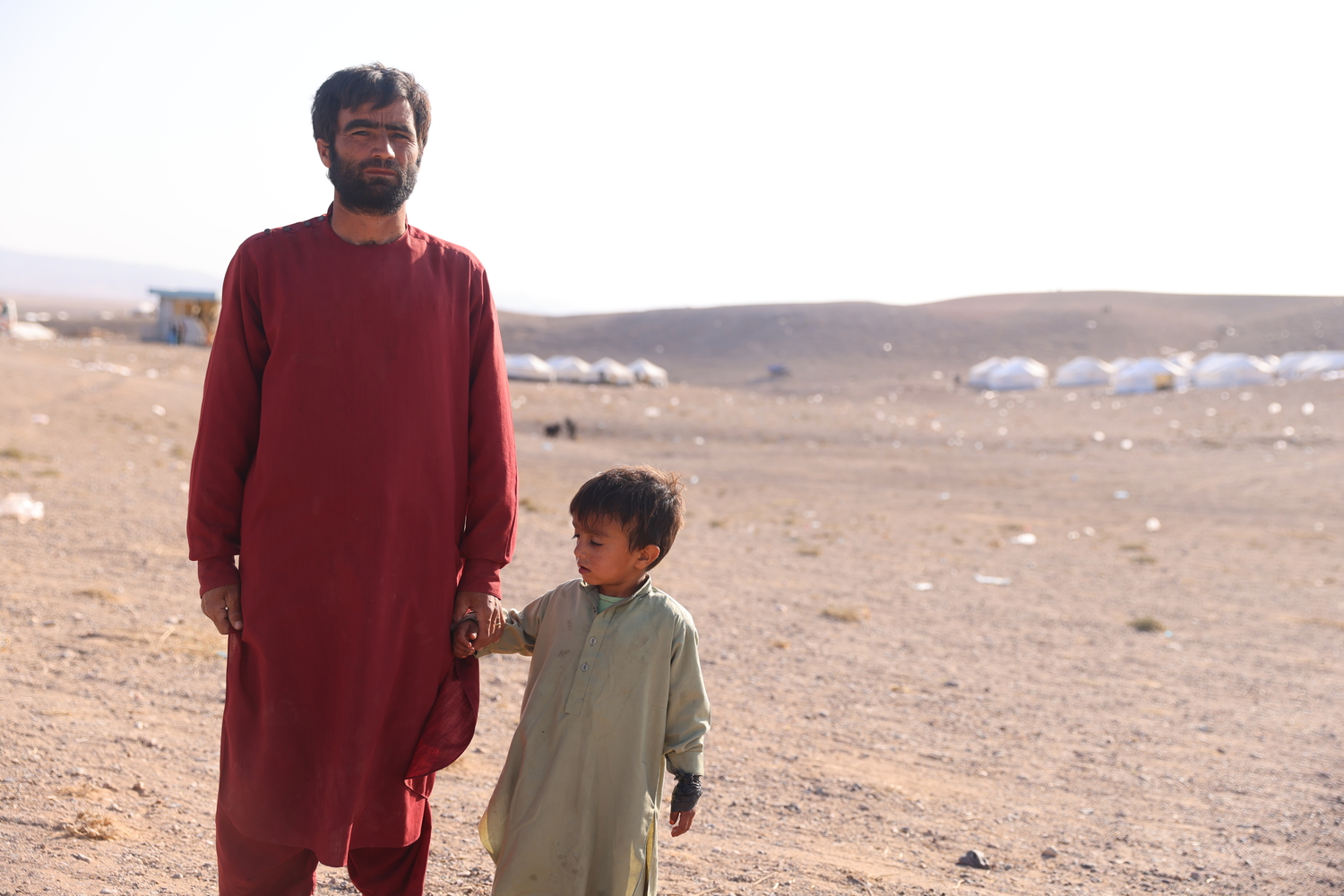Afghan refugee returns
Afghan refugee returns
More than 815,000 refugees have returned to Afghanistan since UNHCR and the Afghan Interim Authority began assisting refugees homewards on 1 March.
This is now the largest and fastest repatriation that we've seen since some 800,000 refugees returned to Kosovo in mid-1999. The pace of the return has exceeded expectations and strained aid agency resources, as well as Afghanistan's absorption capacity.
Inside Afghanistan, the situation remains critical. Returning refugees and the internally displaced have extremely high expectations. The international community must work to meet their shelter, water, food, health care and education needs. We are talking about the most basic needs that have for so long gone unmet inside Afghanistan.
We have so far received $179 million out of the $271 million we requested for the 15 month period ending this year to assist Afghans to return and to care for some 3.5 million refugees in the region. Right now, we only have funding until the end of June.
Due to the scale of the assisted return movement - we had only planned to help 800,000 refugees home this year, plus another 400,000 internally displaced persons to return - UNHCR is now reviewing our planning and budget figures, and we may have to appeal for even more money.
If fresh contributions do not arrive, we may have to make some very hard choices, such as cutting travel grants for returning refugees altogether, or to drastically reduce basic housing and water projects.
IOM's indefinite suspension of its transport programmes for Afghans returning from Iran means that we're taking on new costs, and we've introduced a system of cash grants to assist those Afghans homewards. Already more than 60,000 Afghans have repatriated from Iran, out of 400,000 planned.
Some of the more than 815,000 returning Afghans are already not getting all the supplies they need. In Jalalabad, Kabul and Herat, returning Afghans receive only 50 kilogrammes of wheat, rather than the standard WFP three month ration of 150 kgs. Stocks of our family kits are running so low at our main Jalalabad centre that we've had to issue people with redeemable coupons so that they can collect items like blankets, tarpaulins, jerry cans and other useful items once they are delivered. In Herat, Kabul and Kandahar, we've had to substitute items while we await fresh supplies.








